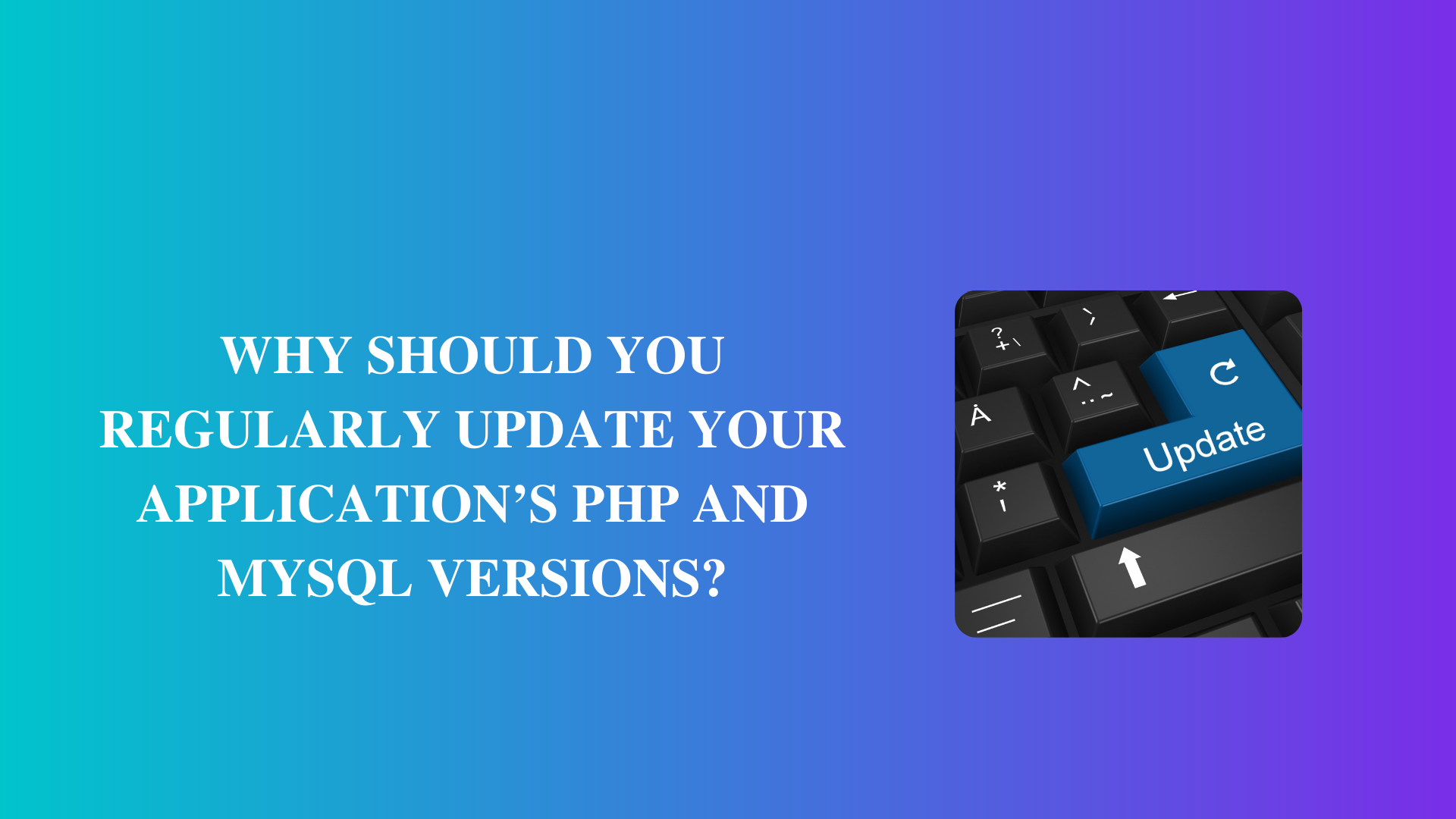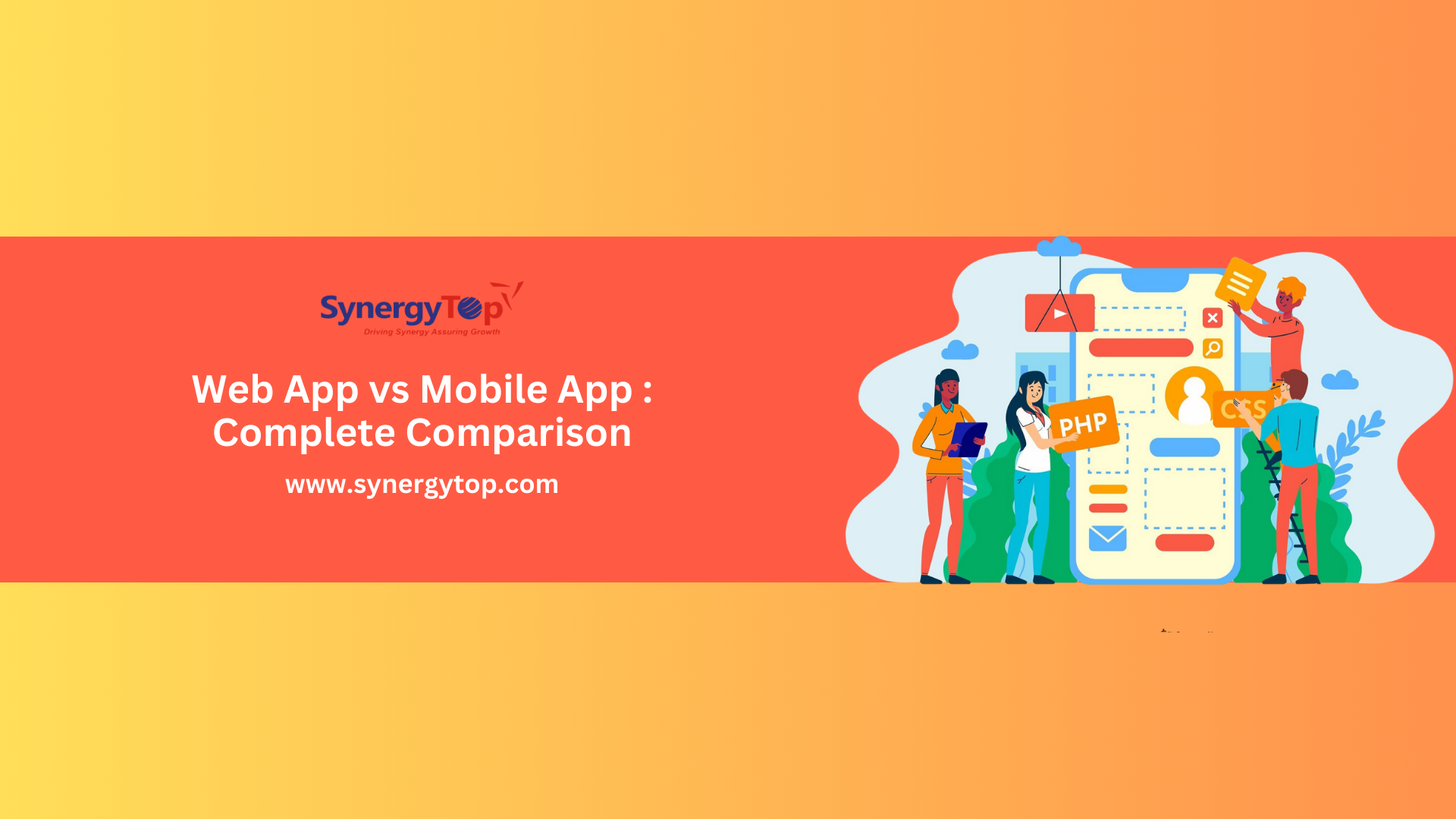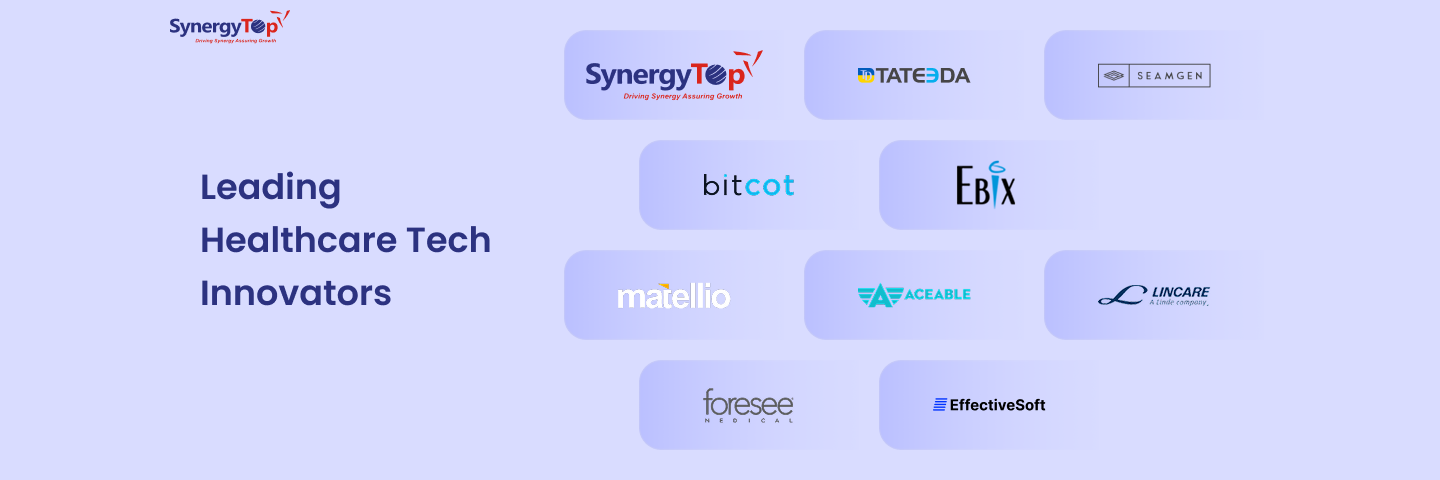Staying updated with the latest technologies is extremely important in the IT industry. Every day we see new versions of technologies being rolled out with better features and bug fixes. And when you have a web application of your own for your business, you need to make sure you upgrade the technologies that keep your app running.
In this piece, we will be specifically discussing the importance of regularly updating your app’s PHP and MySQL versions.
This comprehensive guide will cover:
- PHP and MySQL – The basics
- PHP and MySQL versioning 101
- 2 important reasons why you should keep the PHP and MySQL versions of your app updated
- A simple, way to keep your app updated and running smoothly
Let’s get started.
PHP: What, why and how?
Originally developed in 1994, PHP is one of the most popular general-purpose scripting languages for the web today.
WordPress, the most popular CMS is also built on PHP. And there are several web applications that PHP powers.
If you have a PHP web application, check out expert tips to enhance the performance of your web app with ease.
PHP, a coding language, is commonly used to create dynamic content, collect and encrypt data, send and receive cookies, and more.
And given that, PHP has a long history and a flourishing community of experts behind it, it gets updated often. But there still are several legacy applications built on PHP that are not actively supported.
Further, we will be discussing the problems that arise with the use of older versions of PHP and how regular updates can fix them.
MySQL: Everything app owners ought to know
MySQL is a free and open-source relational database management system (RDBMS). And the popular database management software powers over 90% of the web.
SQL is a language used to create, modify and extract data from a relational database. It also controls user access to the database. In general, MySQL works with operating systems to facilitate database integrity testing, backup creation, user management, allowing network access, etc.
PHP and MySQL versioning 101 – A beginner’s guide to understanding technology versions
Before we get into why updating your PHP and MySQL versions is important, let us take a look at the version nomenclature for these technologies.
For PHP, the version name consists of 3 parts, separated by points. The first number denotes the major version, the second number denotes the minor version, and the third number denotes the release version.
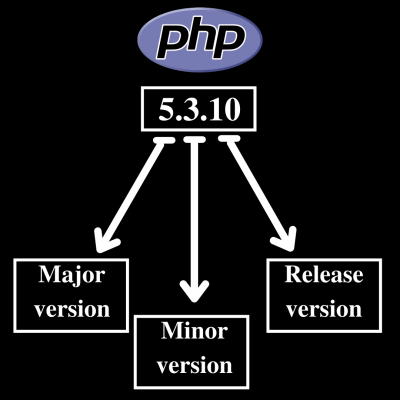
Support for PHP versions is divided into 3 categories:
- Active support – Bugs and security issues are regularly fixed and point releases are made.
- Security-only support: Support is available only for critical security issues and releases are made only when needed, without a definite schedule
- End of Life: These versions are no longer supported and are exposed to security vulnerabilities.
The versioning naming scheme for MySQL consists of three numbers and an optional suffix. The first number denotes the major version, the second number denotes the minor version. The third number denotes the version number and is incremented for each new bug fix.
The release name may or may not contain a suffix denoting the stability level of release.
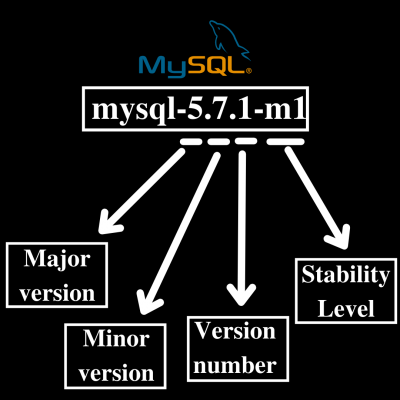
Possible suffixes showing the stability of MySQL versions include:
- mN (for example, m1, m2, m3, …) indicates a milestone number. The features included in milestone releases are considered to be of pre-production quality.
- rc indicates a Release Candidate (RC). Stable release that has passed all internal testing.
- If there is no suffix it means it is a General Availability or Production release. These are stable, reliable, and serious bug-free versions.
2 reasons to keep your app’s PHP and MySQL versions update
Keeping your software and technologies updated is a great practice. But when it comes to updating the PHP and MySQL versions of your web app, there are a lot of costs to consider. Updating these technologies might require refactoring or rewriting code. Plus, for regular updates, you’d have to pay maintenance charges to experts.
And sometimes, organizations might not have the budget for these costs. That’s why many organizations do not update their PHP and MySQL versions in a timely manner.
The latest PHP version was PHP 8.1, released in November 2021. For MySQL, the latest version is the 8.0 released in April 2018.
And if you are still not using these latest versions, you are missing out on features while exposing your web app to security vulnerabilities. Here are 2 primary reasons why you should update to the latest versions of PHP and MySQL at the earliest:
1. Feature enhancements and Bug Fixes
The minor version updates for PHP and MySQL both include a few bug fixes. With these updates, you can make your web app run better, with fewer lags and bugs. This will also help you reduce your server cost and improve the user experience for your web app’s users.
With the major version updates, you get a flurry of new features in both PHP and MySQL. These updates make your web app more functional, with a series of feature enhancements. Not adding these new features to your web app would mean letting your competitors get ahead of you.
Further, new versions also sometimes come with feature names or syntax changes. Not following through would mean your web app’s code would become old and sometimes even incorrect. And this is definitely not a good practice.
2. Security fixes
For businesses, keeping their business and user data secure and the web app safe from hacks and leaks is crucial.
And old unsupported versions of PHP and MySQL do not come with the necessary security patches.
If you want to keep your app secure and your data safe, it is important to keep upgrading to the new versions of the technologies. This is because new versions come with fixes for security issues that are seen in older versions.
Also, no support for your PHP or MySQL version would mean that the vulnerabilities will never be fixed. Thus, end-of-life versions should be upgraded at the earliest.
Keeping your app updated and running smoothly – Opt for monthly maintenance services
Now that you understand the importance of keeping the PHP and MySQL versions of your app updated, it is time to schedule a meeting with experts.
Reliable experts will be able to examine your application code and understand what parts of the code have to be rewritten or refactors to make sure it works seamlessly with newer versions.
And this would improve your applications’ stability, performance, and security.
Want a hands-off solution? Contact our PHP and MySQL developers. SynergyTop has the required experience and expertise in upgrading and updating legacy systems to the latest versions.
About SynergyTop
SynergyTop is a trusted digital commerce company offering end-to-end and customized web, mobile, software and eCommerce development services. We have proven expertise in a variety of technologies including PHP, Python, React, Node, Angular, React Native, Flutter, WordPress, Magento, Shopify, etc. We also offer bespoke Digital Marketing and ERP implementation solutions.


